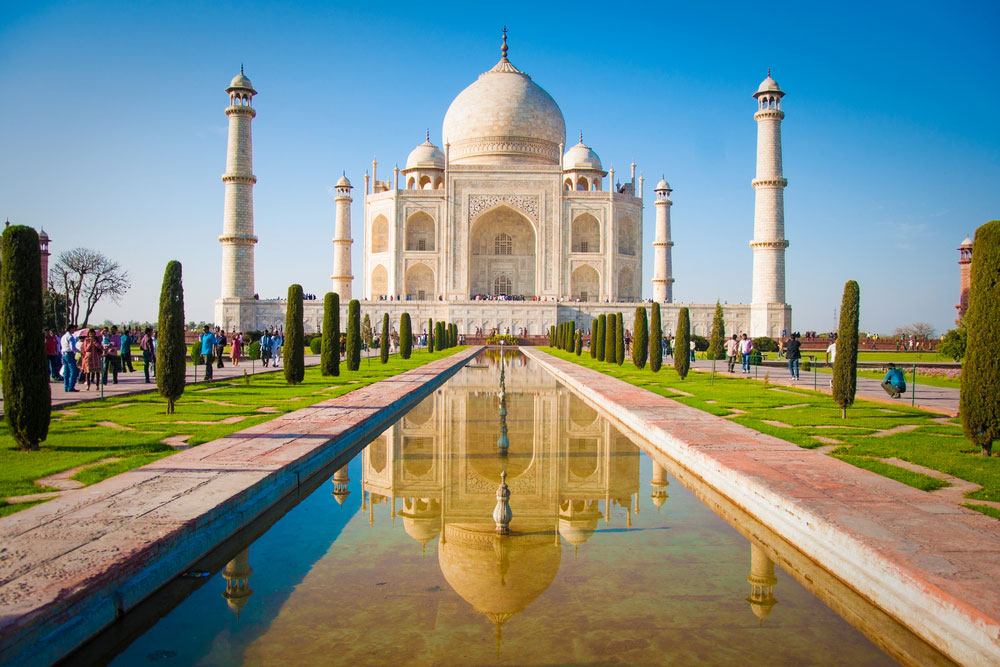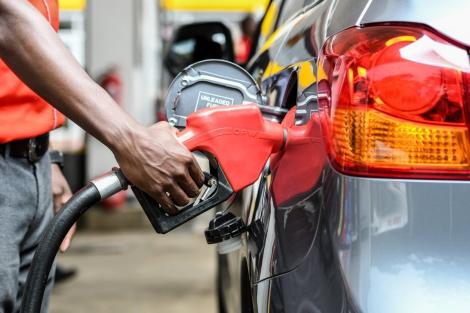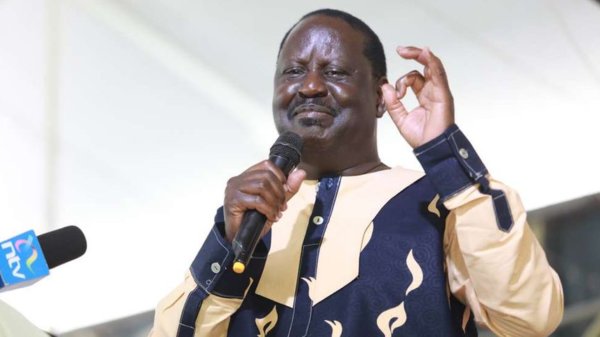
India is unlikely to sign onto a global agreement to decrease cooling-related emissions at the COP 28 climate meeting, citing the necessity for the world’s most populous country to have inexpensive cooling.
The United Arab Emirates and the United Nations Environment Programme’s Cool Coalition developed the pledge to reduce cooling-related carbon dioxide emissions by at least 68 percent by 2050 compared to 2022 levels. The vow would necessitate significant investments by governments in order to transition to sustainable cooling technology, as well as an increase in the cost of such products.
Nations are scheduled to reveal their decision on the cooling promise during the annual climate summit in Dubai from November 30 to December 12. With a combined population of over 2.8 billion, India and China, two of the world’s biggest economies and carbon polluters, are critical to the achievement of the cooling commitment.
India is “probably the single most important country for this pledge,” according to Brian Dean, head of energy efficiency and cooling at Sustainable Energy for All, a non-profit that helped draught the pledge.
According to government officials, New Delhi is unwilling to go beyond the targets set in 1992 under the multilateral Montreal Protocol to regulate the production and consumption of ozone-depleting chemicals and hydrofluorocarbons used in refrigerators, air conditioners, and insulating foams.
The environment ministry in India did not respond to a request for comment. The officials spoke on the condition of anonymity because India’s position is still being debated.
Under its own cooling action plan, launched in 2019, the country wants to lower its power consumption for cooling across industries by 20% to 25% by 2038.
“India’s per capita emissions and energy consumption are very low.
Its cooling requirements are set to grow multifold in the coming years and it cannot risk committing to investments that will make cooling expensive,” one of the government officials said.
According to research published this week by the International Energy Agency (IEA), the South Asian country’s electricity usage for domestic air conditioners is anticipated to expand ninefold by 2050, exceeding growth in every other major household device.

































































